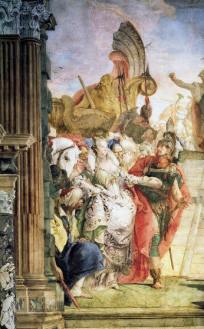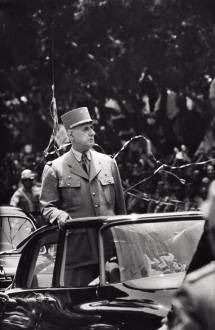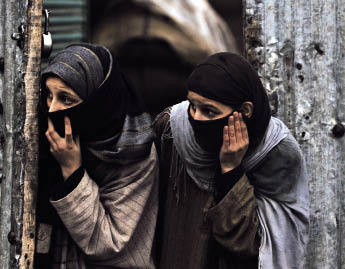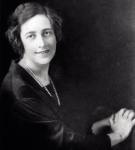Raining on their parade
Julius Caesar’s deputy, Cleopatra’s second lover, Marcus Antonius is the perennial supporting act. Julius Caesar’s deputy, Cleopatra’s second lover, Marcus Antonius is the perennial supporting act. In books about Caesar (like Adrian Goldsworthy’s recent biography) or about Cleopatra (mine among them), he appears as a partner, in the ballet-dancing sense of a burly chap whose prime task is to lift a more glittering other into the spotlight. Now he has been allotted half a book: but Goldsworthy is not the man to give him his due of appreciation. Author and subject are absurdly mismatched. Goldsworthy begins by telling his readers that Cleopatra ‘was not really that important’, but he does
















